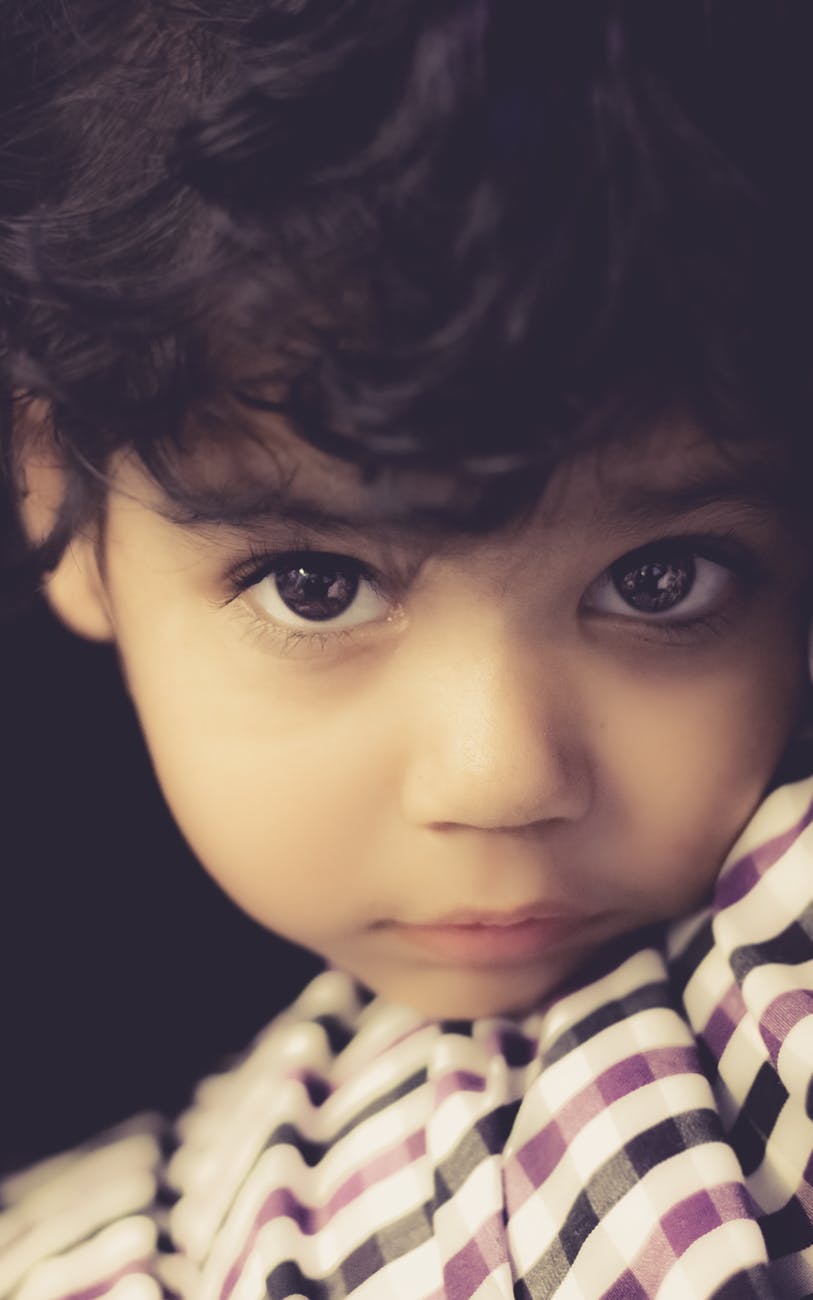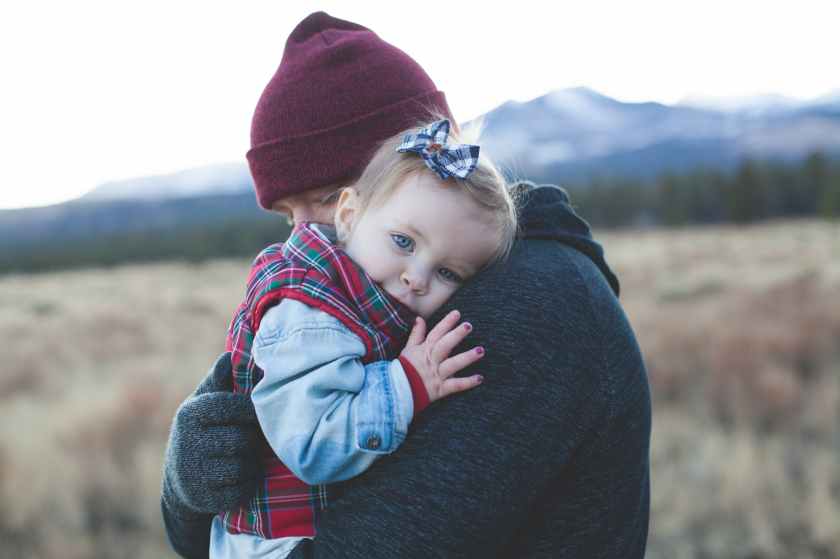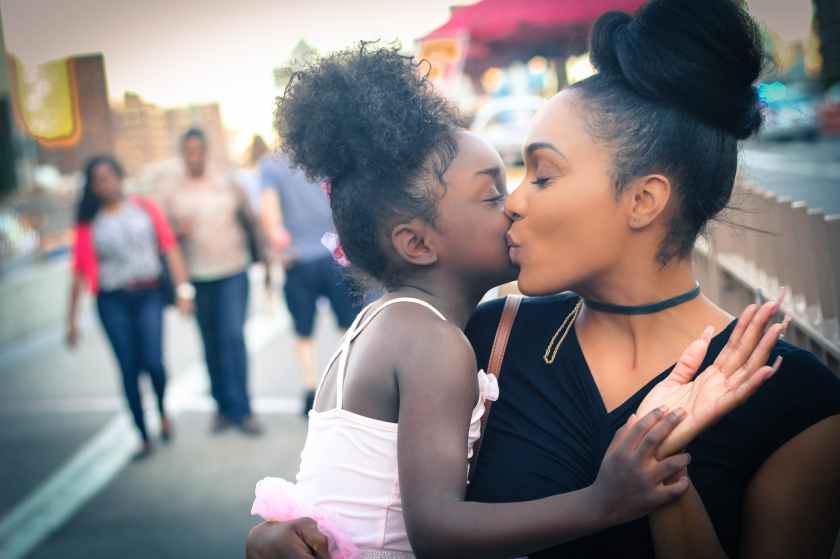The short answer is ‘no.’ Peaceful parenting isn’t the same as permissive parenting. I know first hand that sometimes, as peaceful parents, we feel powerless and clueless as to what to do.
We know we don’t want to hit our kids, we know we don’t want to yell, we know we don’t want to threaten them… we know all the things we don’t want to do. However, we are left with a void and many of us, who haven’t been raised in peaceful, respectful, positive families, don’t really know what to do instead. That’s when peaceful parenting might become permissive parenting. It’s a matter of us not having the right tools or the right knowledge to come up with a parenting plan that works for our family.
What is peaceful parenting and how do we apply it? After many years working with families, doing research, reading more books than I can count and learning from many experts, I’ve come up with these peaceful parenting guiding principles:
1. Self-regulation: Peaceful parenting starts with us. We need to be in control of our emotions, our own reactions, our own feelings. We need to be able to regulate our responses to our kids’ actions or inactions.
2. Consciousness: Peaceful parenting is ‘present, conscious’ parenting. This means being in the moment with our child, connecting with them in the situation we are in, letting go of our expectations of how our child should be and embracing him for who he is, letting go of our expectations of how our parenting should look like, and stop striving to raise the perfect child. It also means being aware of our own baggage, our past, and our upbringing; and see how they are impacting the way we are interacting with our children.
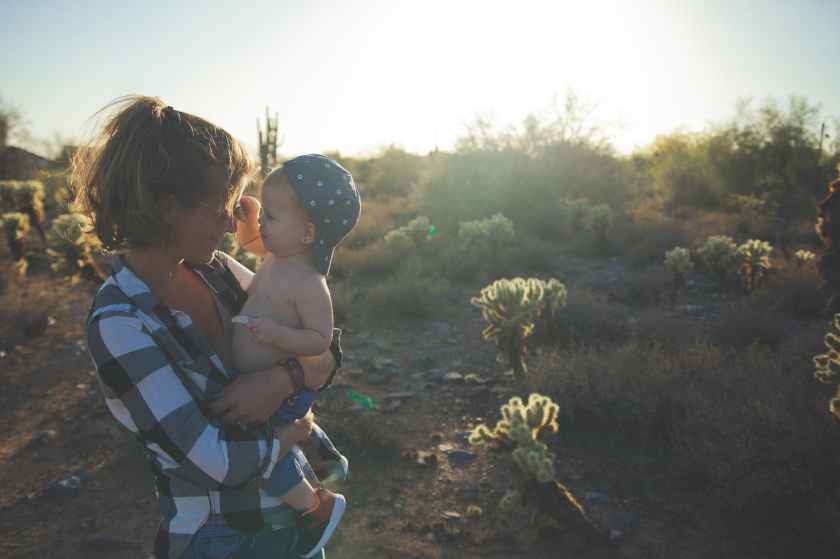
3. Connection: Peaceful parenting is based on connection. We need to recognize that creating a healthy parent-child connection is our primary work as parents. This connection is also the key to our children’s optimal human development. Our success as parents is directly proportional to the strength of the connection we have with our children. So, every time you are going to address your child, remind yourself ‘connection before correction.’ Make sure you are connected with your child before you try to make a correction, so they will be more open to listen to your message and to collaborate with you.
4. Respect: Peaceful parenting is rooted in the idea that children are people too, and deserve to be treated as such. The simplest way to figure out if we are being respectful to our children is to ask ourselves: ‘Would I treat this way a friend or my spouse?’ and let the answer guide us in your relationship with your child. Would you expect perfect compliance and obedience from them? Would you hit or spank your spouse when she makes a mistake or doesn’t follow to your demands? Would you send your spouse to another room when he is having or giving you a hard time? Would you ridicule, label or belittle your spouse? … If the answers are ‘no’ then you shouldn’t do that to your child either.
5. Communication: Peaceful parenting stands on a foundation of open, honest trusting and non violent communication with our children. The words we say to our children matter and shape how they see themselves. Always remember ‘The way we talk to our children becomes their inner voice’ Peggy O’Mara. When we talk to our children and involve them in decisions, when we communicate to them the reasons behind our actions, when we give them choices instead of commands, when we label their behavior instead of them, when we listen to them and their opinions, when we discuss ideas with them and value their points of view; we are helping them feel empowered, valued, strong, connected with us, and more open to learn and collaborate with us.
6. Empathy: Peaceful parenting cannot be applied unless we can empathize with our children. Empathizing with them means validating their experiences, their feelings and their emotions, without belittling them, without shaming them, and without dismissing them. Empathizing doesn’t mean agreeing with them or sharing their same feelings; it means accepting them and allowing them. Validating their feelings doesn’t mean condoning any type of behavior associated with that feeling. We need to understand that behind every one of our children’s behavior there’s a feeling, a belief or an interpretation. As parents we need to try to understand those feelings and let our children know that all emotions are acceptable. Once we’ve empathized with them, we can help them regulate those emotions and their reactions to them.
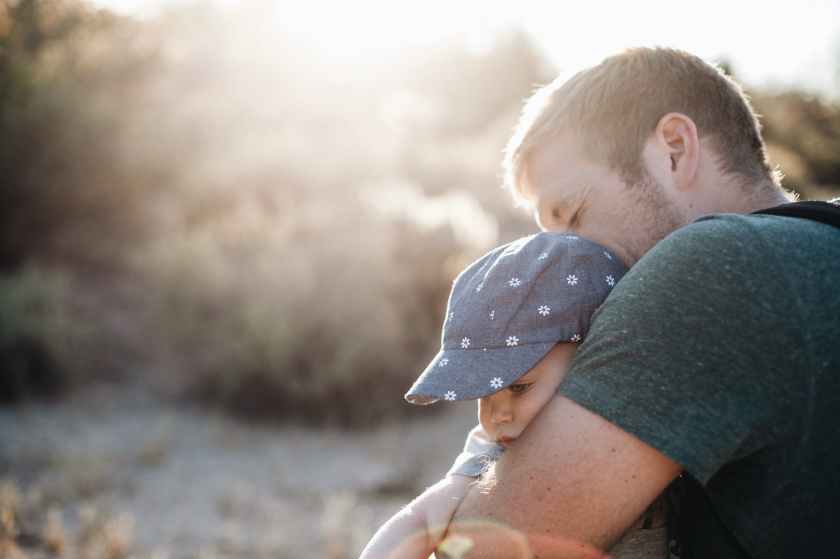
7.Boundaries: Peaceful parenting is about setting limits for our children with kindness and respect. Children need freedom to explore, to make mistakes, to discover their potential and to learn on their own. However, as parents we need to provide them with boundaries as they exercise their freedom. Boundaries need to be: few, respectful, clear, explained in advance, firm, safe, loving, and purposeful. When we set a limit with our child, they need to know that we mean what we say. For example, if we have a limit that they can’t play on the front yard without supervision because the street is too close and it’s dangerous, we need to hold the limit. If they cry and protest because their friends’ parents let them do it, we still need to hold the limit. If we need to run inside to get a snack, they need to come with us inside or the snack can wait, we still need to hold the limit and we can’t let them outside alone. It’s all about setting limits that make sense for our family and keeping them no matter what.
8. Natural and logical consequences. Peaceful parenting rests on the idea of letting natural and logical consequences teach the lessons. A natural consequence is anything that happens without a parent’s interference. For example, when a child doesn’t want to put on globes to go to play in the snow, the natural consequence is that his hands will get cold and he won’t be able to play much, so he will naturally decide to put them on the next time. When we let our children learn from the natural consequences of their own actions, we prevent power struggles, avoid becoming the bad guy, and preserve our connection with them. In the instances when natural consequences can’t be applied, parents can establish logical consequences. Logical consequences must be few, related to the behavior, and respectful. In the example above, if there’s a risk of frostbite if the child doesn’t wear the globes, parents should step in, establish the limit and consequence. The child doesn’t get to play in the snow unless he wears the globes. The best way to phrase this with our children is using the ‘when… then…’ strategy. For example ‘when you put on your globes, then you can go play in the snow.’
Peaceful parenting isn’t about being perfect. We all make mistakes, I know I do! We are all imperfect people. Peaceful parenting is about learning and growing; it’s about wanting to be the best version of ourselves; and it’s about remembering that we are raising unique souls that have the right to make mistakes, experience life in their own way and be themselves.
Much love, Diana-
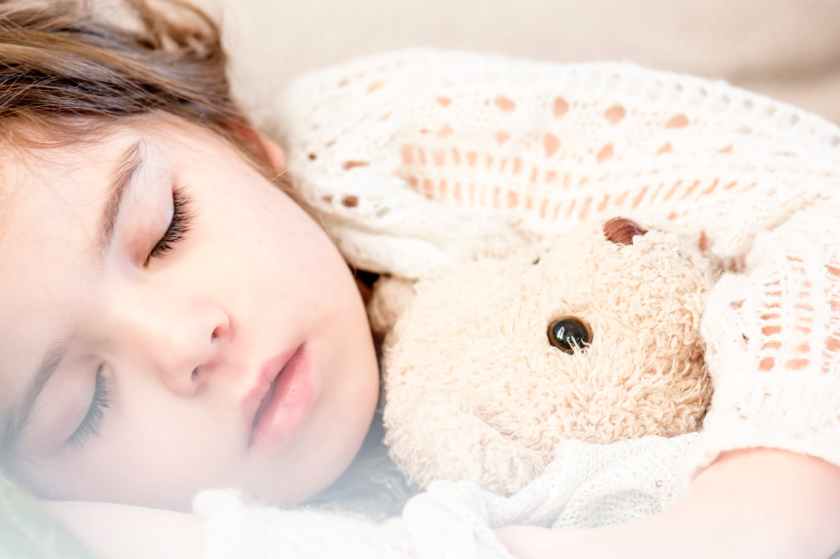




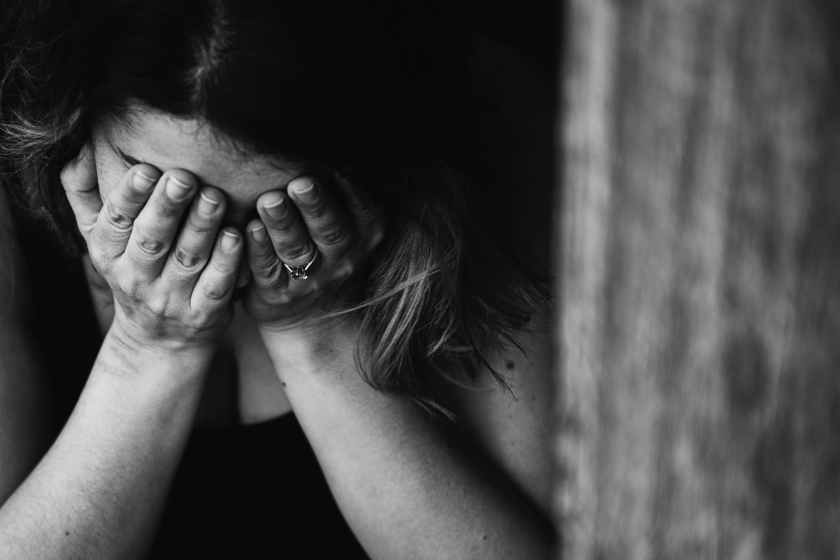

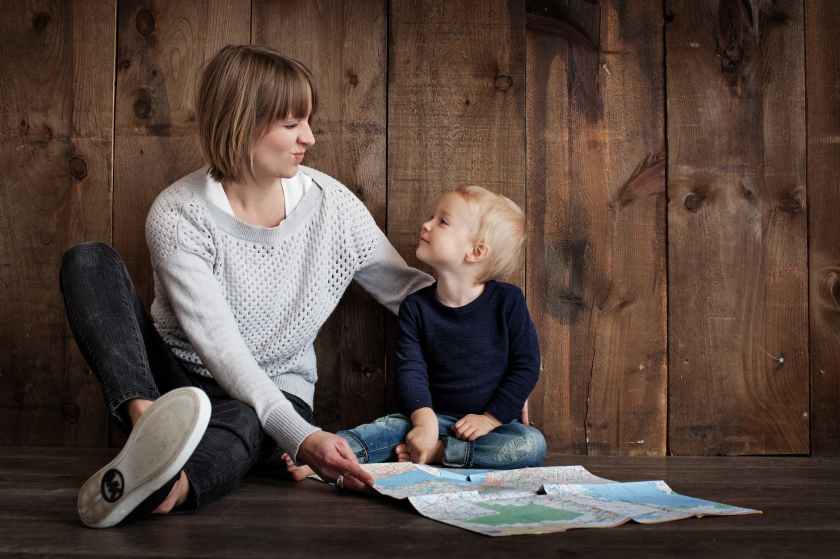


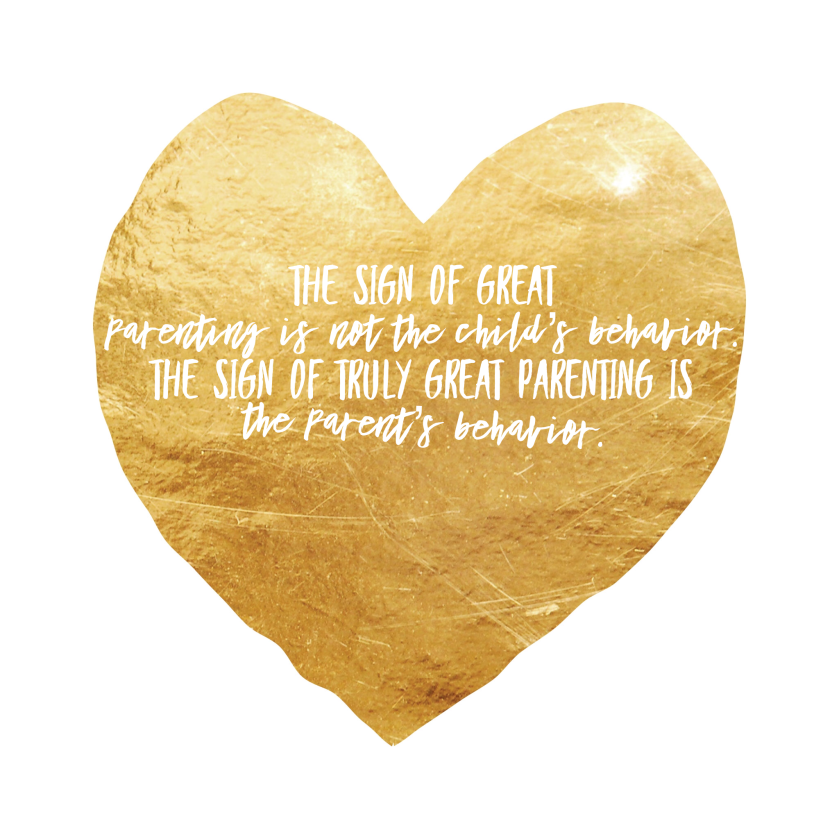 What can you improve within yourself today?
What can you improve within yourself today?